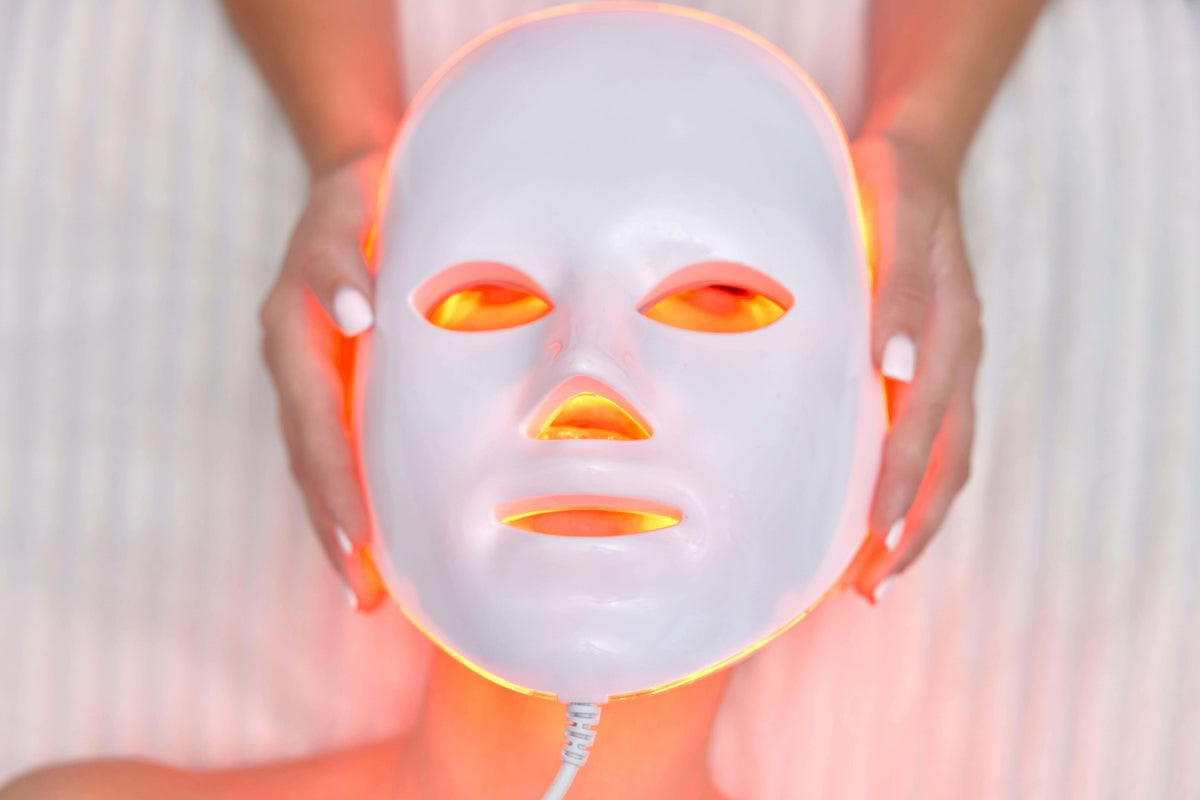Home / Health / Dermatologists Warn: LED Masks Not a Miracle Cure for Skin Woes
Dermatologists Warn: LED Masks Not a Miracle Cure for Skin Woes
16 Nov
Summary
- LED masks claim to treat acne, wrinkles, and more, but lack clinical evidence
- Dermatologists say masks only offer "modest" wrinkle reduction, not a cure-all
- Advertising watchdogs banned claims of masks treating acne and rosacea

As of November 16th, 2025, LED face masks have become a popular at-home beauty device, with sellers claiming they can stimulate skin cells, improve texture, reduce wrinkles, and even help with acne. However, dermatologists are cautioning that these unregulated masks are not the miracle cure they are advertised to be.
While LED technology has been used in dermatology clinics for decades to treat various skin conditions, experts say the at-home devices do not deliver the same level of effectiveness. Dermatologist Dr. Justine Kluk explains that LED therapy in clinics is "more powerful" and "delivered to the skin more evenly," suggesting the at-home versions are less effective.
Furthermore, advertising claims about the masks' ability to improve acne and rosacea have been banned by advertising watchdogs, as they make unauthorized medical claims. Dermatologists stress that there is little clinical evidence to support these health benefits, and any devices must be registered with the Medicines and Healthcare products Regulatory Agency (MHRA).
Dr. Kluk notes that although LED is used in clinics to treat conditions like acne, it is not as commonly used as topical and oral treatments, meaning there is less published data about its efficacy. She also warns that the longer someone waits to get proper treatment for their skin issues, the higher the risk of scarring, and that buying an at-home mask may delay seeking professional help.
While the masks may offer a "modest" improvement in skin quality if used consistently for months, dermatologists caution that the benefits are limited, and the devices are quite expensive. With the unregulated nature of the market, not all masks are created equal, and consumers should be wary of making purchasing decisions based on exaggerated claims.



